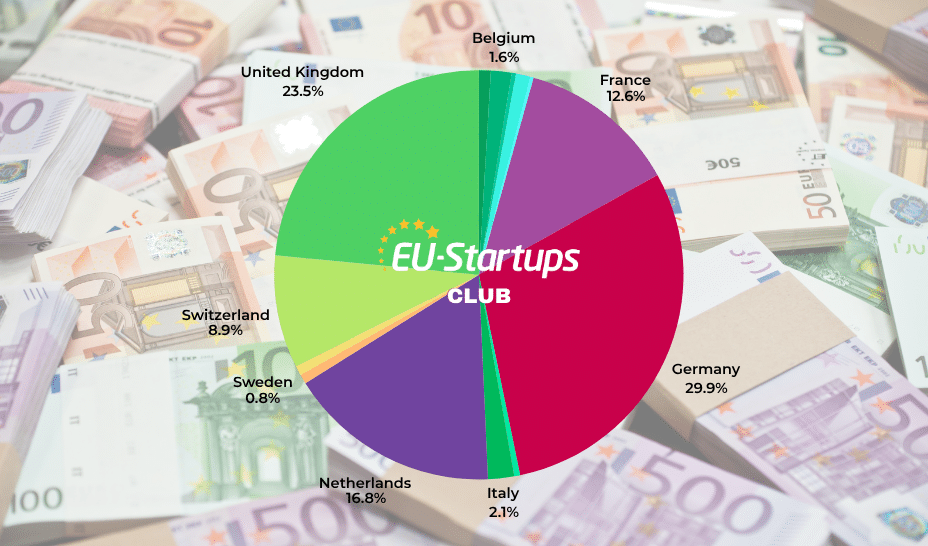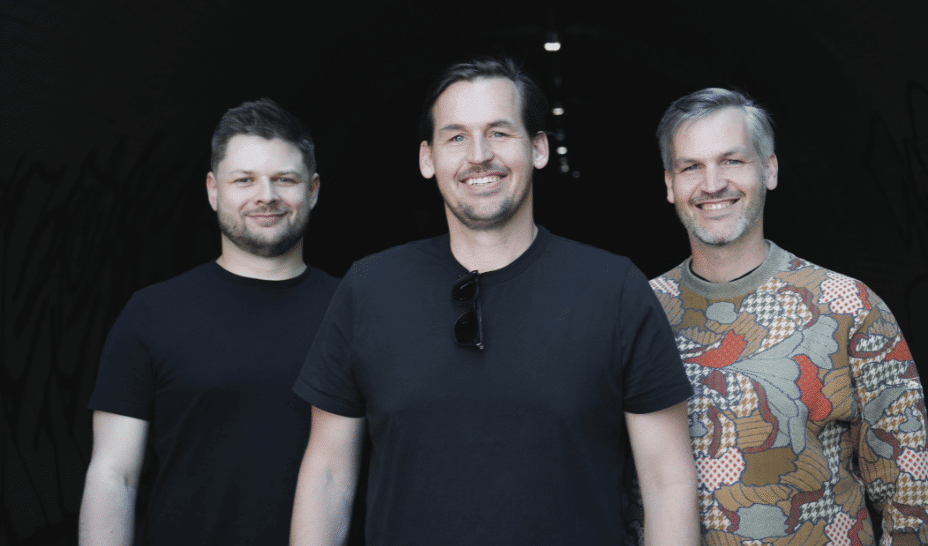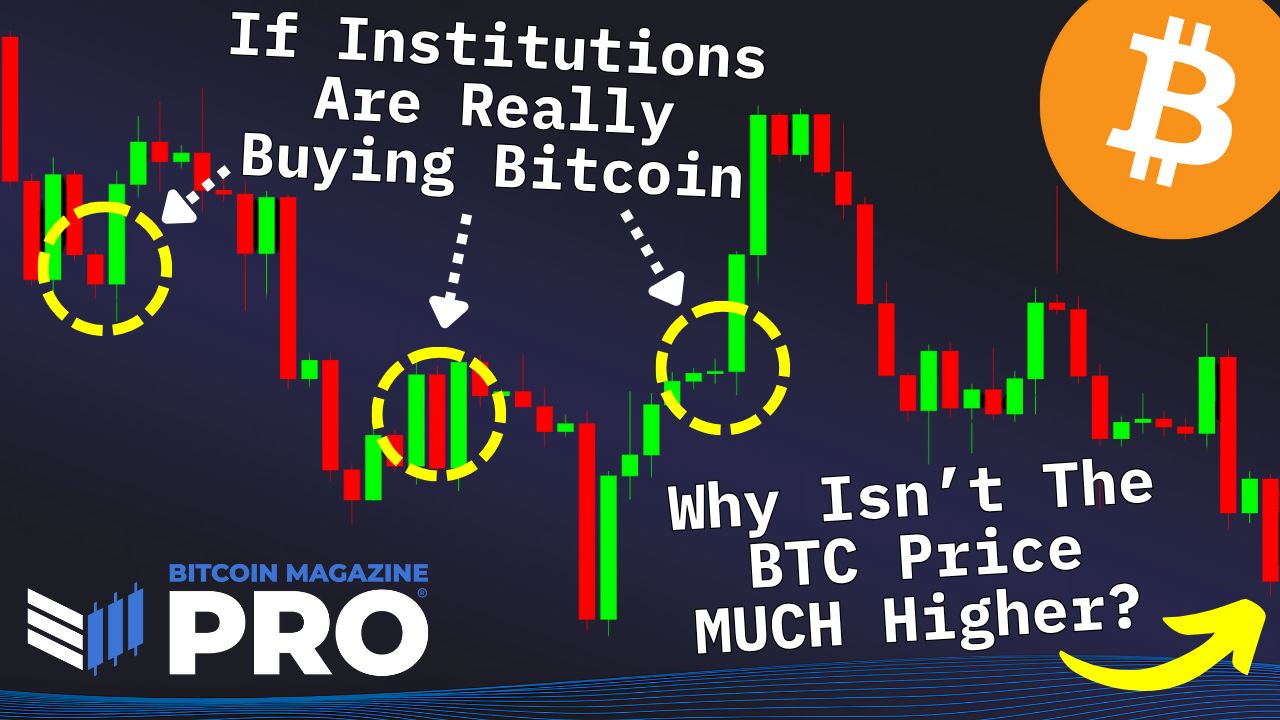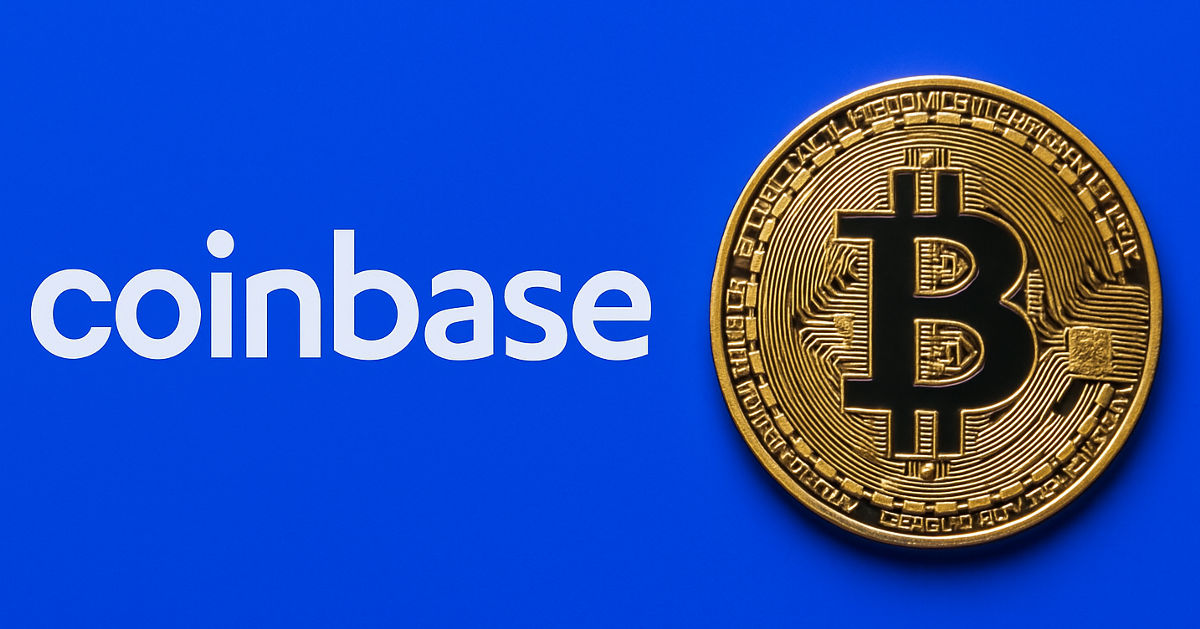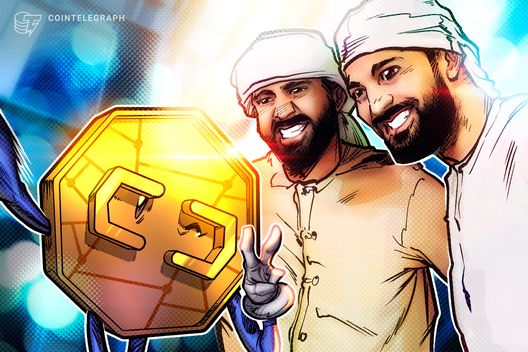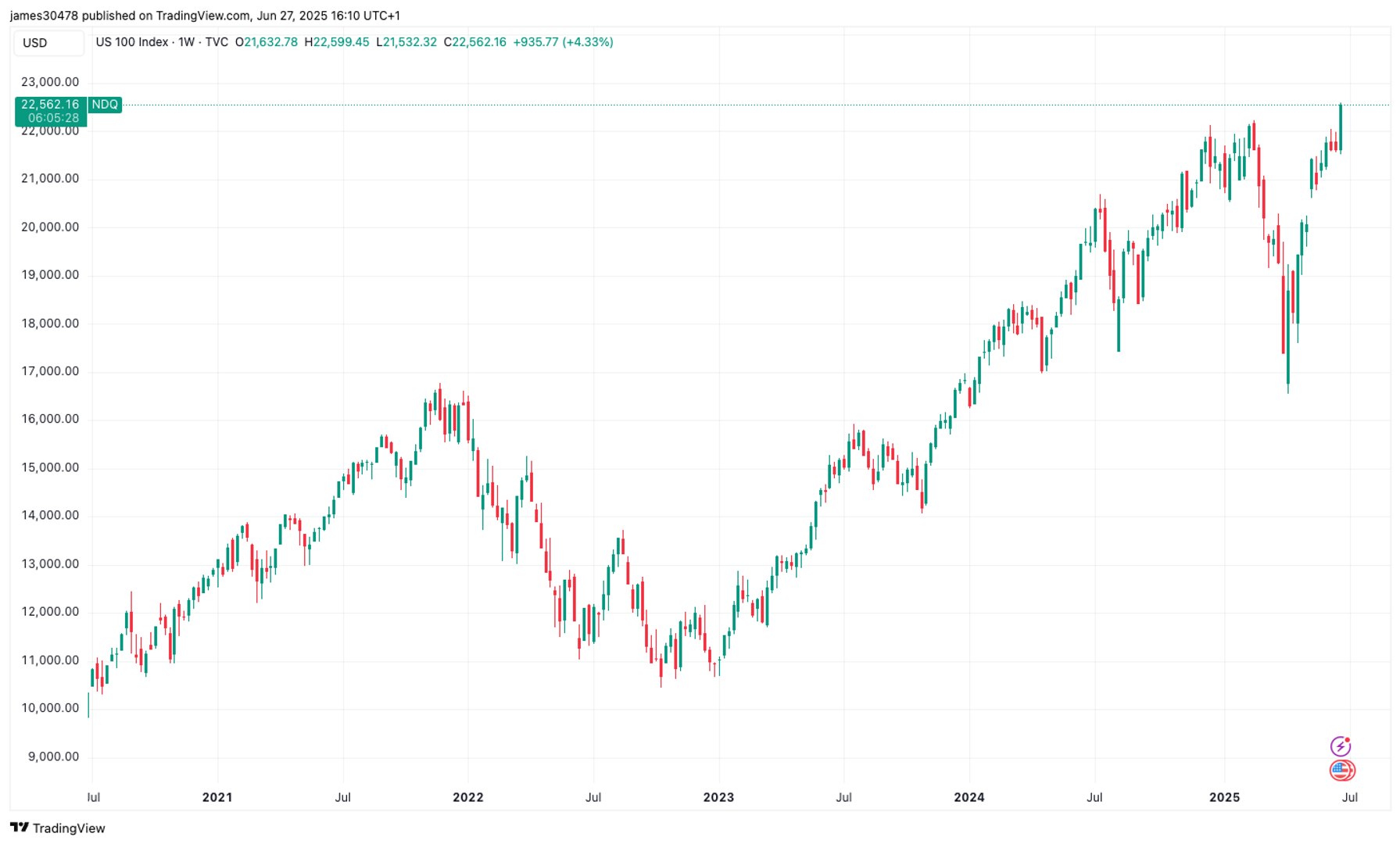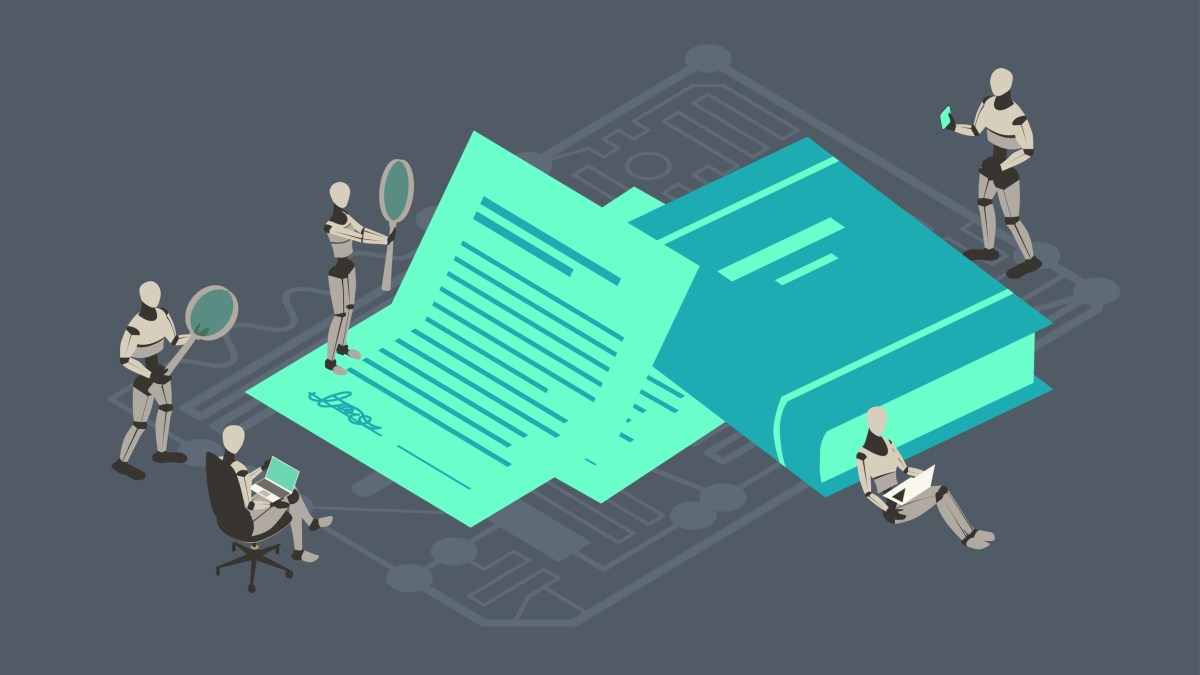The psychology of stupidity: How societies silently surrender
What if stupidity isn’t what you think it is? Not a lack of intelligence. Not an absence of education. But something far more sinister...


What if stupidity isn’t what you think it is? Not a lack of intelligence. Not an absence of education. But something far more sinister: a force that manipulates, deceives, and dismantles societies from the inside. German theologian Dietrich Bonhoeffer, writing from a Nazi prison cell in 1943, suggested exactly that. In what may be one of the most haunting observations of the 20th century, Bonhoeffer wrote: “Against stupidity we are defenseless.”
This article explores Bonhoeffer's radical idea that stupidity is not an intellectual failing, but a sociological condition - one that's engineered, reinforced, and rewarded by modern systems. In 2025, amidst AI-generated disinformation, algorithmic manipulation, and mass intellectual fatigue, his theory rings more urgent than ever.
More dangerous than evil
Bonhoeffer's central thesis is unsettling: stupidity can be more dangerous than malice. Why? Because while evil provokes resistance, stupidity doesn’t. It often hides behind good intentions and social norms. A stupid person, Bonhoeffer argued, is not necessarily unintelligent - they are simply no longer thinking for themselves. Instead, they operate on borrowed beliefs, slogans, and scripts handed down by others.
This is what makes stupidity terrifying. It transforms intelligent individuals into passive agents of destruction, convinced they are doing good. Unlike malice, stupidity resists logic. It cannot be argued with. It creates a wall between action and awareness.
Historical proof: From Nazi Germany to Yale University
Bonhoeffer wasn't theorizing in the abstract. He watched in horror as educated Germans—professors, doctors, clergy - embraced fascism and abandoned critical thinking. These weren’t villains. They were good people who surrendered their intellectual independence.
Psychology would later confirm Bonhoeffer’s insights. In the 1961 Milgram experiment at Yale, ordinary people were instructed to administer what they believed were painful electric shocks to others. Despite hearing screams, 65% obeyed. The takeaway? People will commit atrocities when authority tells them to—not out of evil, but out of blind submission.
Solomon Asch’s conformity studies in the 1950s further demonstrated how social pressure distorts reality. When placed in a group giving incorrect answers, 75% of individuals conformed at least once, even when they knew the group was wrong.
The new age of engineered ignorance
Fast-forward to 2025. We now live in a reality Bonhoeffer could scarcely imagine: AI algorithms dictating what we see, hear, and believe. False information spreads faster than truth. According to MIT, fake news is 70% more likely to be shared on Twitter/X. Why? Because it's emotionally satisfying. It simplifies the world into clear villains and heroes.
Social media has created echo chambers where dissent is punished and groupthink is algorithmically reinforced. Add AI-generated deepfakes and reality itself becomes negotiable. This is no longer passive ignorance. It is engineered stupidity.
Functional stupidity and the brain’s design flaw
Bonhoeffer described stupidity as a sociological, not psychological, phenomenon. But neuroscience has since filled in the gaps. Our brains evolved for survival, not truth. We’re wired for speed over accuracy, confirmation over contradiction, group belonging over critical analysis.
Leon Festinger's cognitive dissonance theory explains how we reject uncomfortable truths to preserve mental harmony. Under stress or insecurity, our cognitive defenses intensify. That’s why misinformation thrives in environments of fear, fatigue, and financial instability.
In short: our cognitive wiring, plus modern media, plus economic stress, creates the perfect storm for functional stupidity.
Systemic stupidity: It's not you, it's the structure
Bonhoeffer observed that stupidity thrives in groups. Modern systems take this further. Our political and economic structures reward oversimplification. Outrage earns clicks. Tribalism wins elections. Emotional certainty is monetized, while intellectual humility is ignored.
The result? A structural incentive to stop thinking.
Rational ignorance, a term from economics, explains why people stay uninformed. When the cost of understanding complex issues outweighs the perceived benefits, people disengage. But when millions do this simultaneously, society becomes irrational. That’s the terrifying paradox.
How to resist: Bonhoeffer’s roadmap for intellectual courage
Bonhoeffer believed resistance to stupidity required “costly grace", the daily decision to think independently, even when it's uncomfortable. In a world where speed, certainty, and outrage are rewarded, thinking carefully is a revolutionary act.
Here are four practices to protect your intellectual freedom:
- Practice intellectual friction: Read arguments that challenge your views.
- Pause before sharing: Verify information before reacting emotionally.
- Say "I don't know": Embrace intellectual humility.
- Ask: What would change my mind? If you can’t answer, you may be trapped.
But personal practices aren’t enough. We also need structural reform:
- Media literacy education.
- Algorithmic transparency.
- Economic policies that reduce cognitive overload.
The ultimate act of resistance
Stupidity isn’t a joke. It’s not about being slow or silly. It’s a systemic force that turns societies inward, pits people against truth, and rewards conformity over curiosity. Bonhoeffer warned us nearly 80 years ago: when people stop thinking, they stop being fully human.
Today, we face not just human propaganda but algorithmic manipulation powered by AI. The challenge is no longer just moral; it is neurological, structural, and existential.
But if stupidity is partly chosen, it can also be rejected. If it’s partly structural, structures can change. The antidote is thinking - deliberate, difficult, sometimes painful thought. And in 2025, that might just be the most radical thing any of us can do.









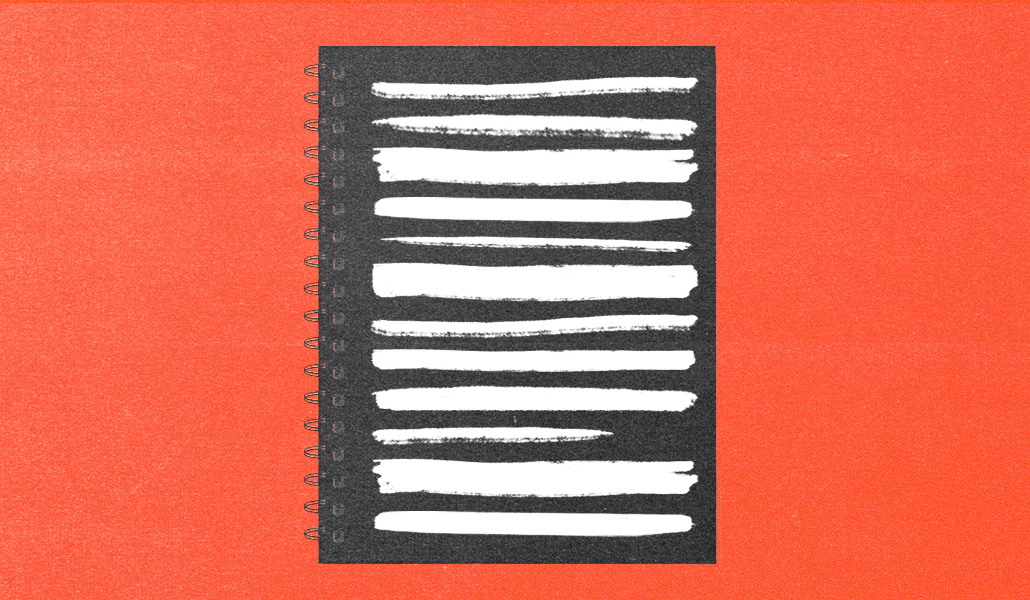


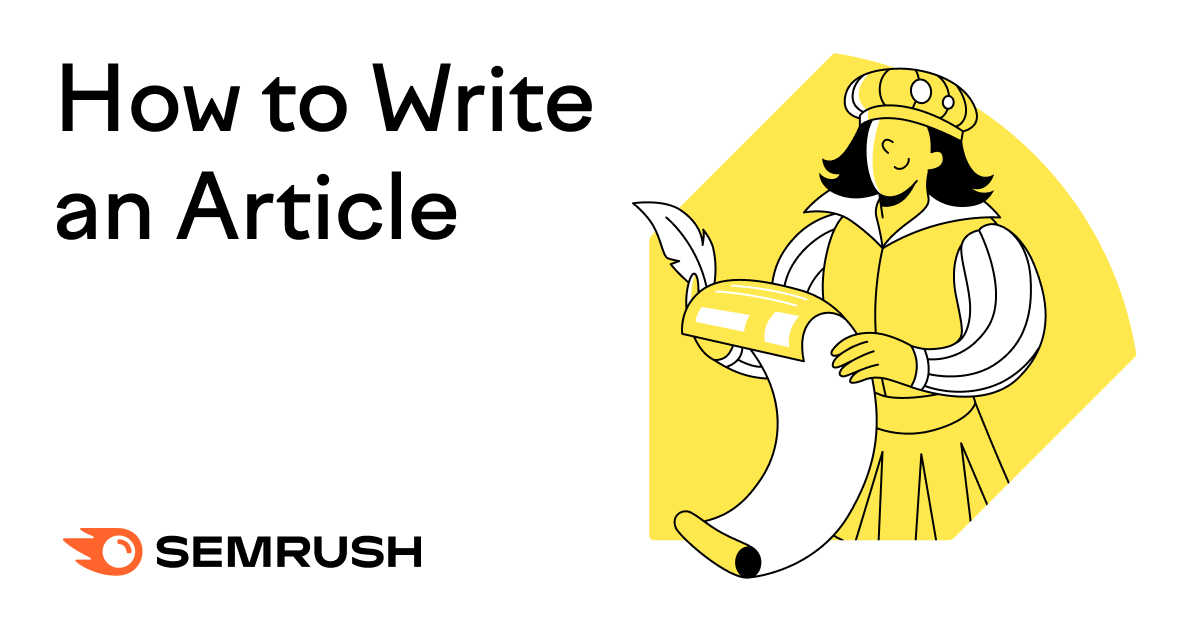

![What Is a Markup Language? [+ 7 Examples]](https://static.semrush.com/blog/uploads/media/82/c8/82c85ebca40c95d539cf4b766c9b98f8/markup-language-sm.png)
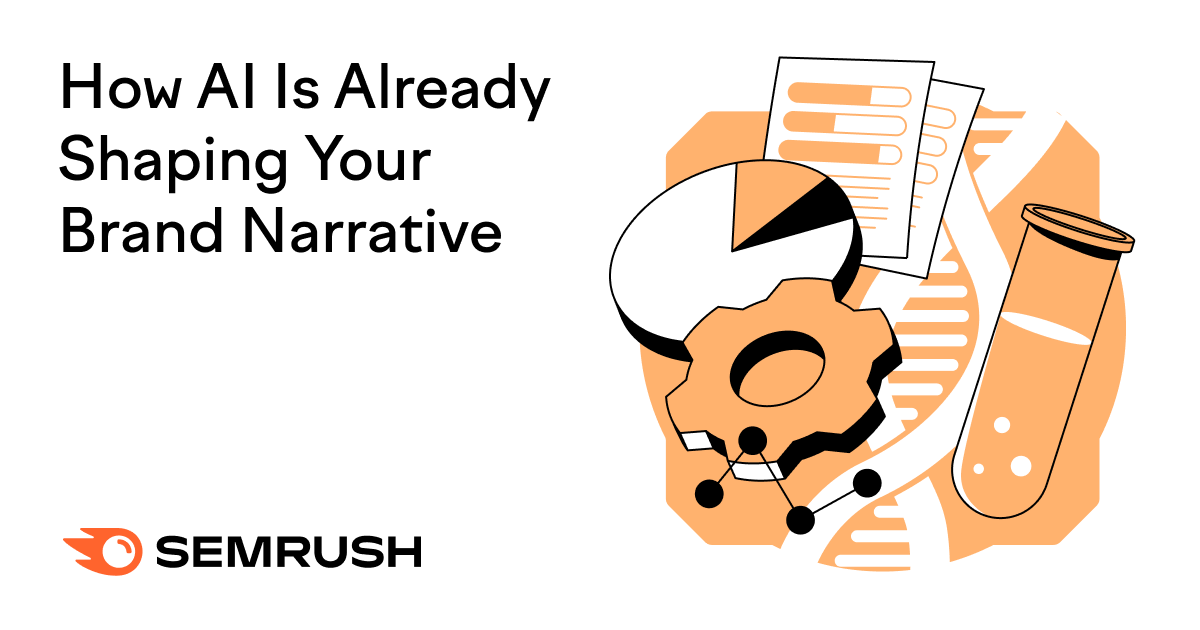
















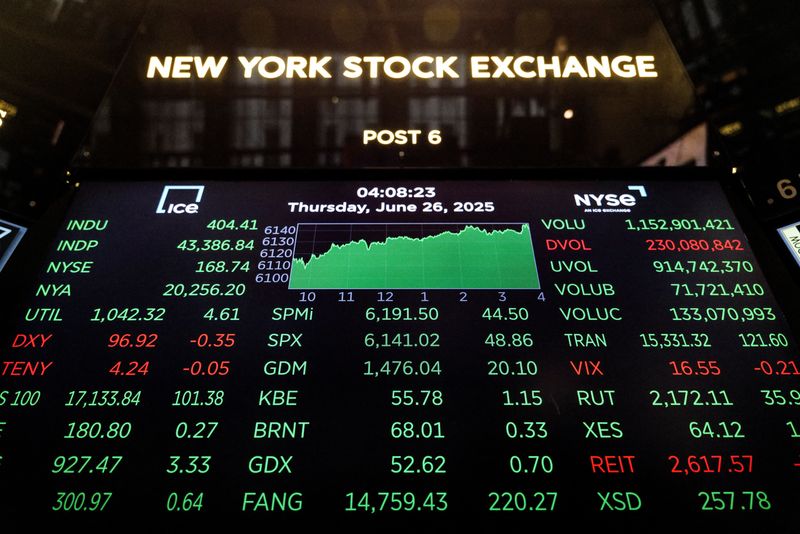


















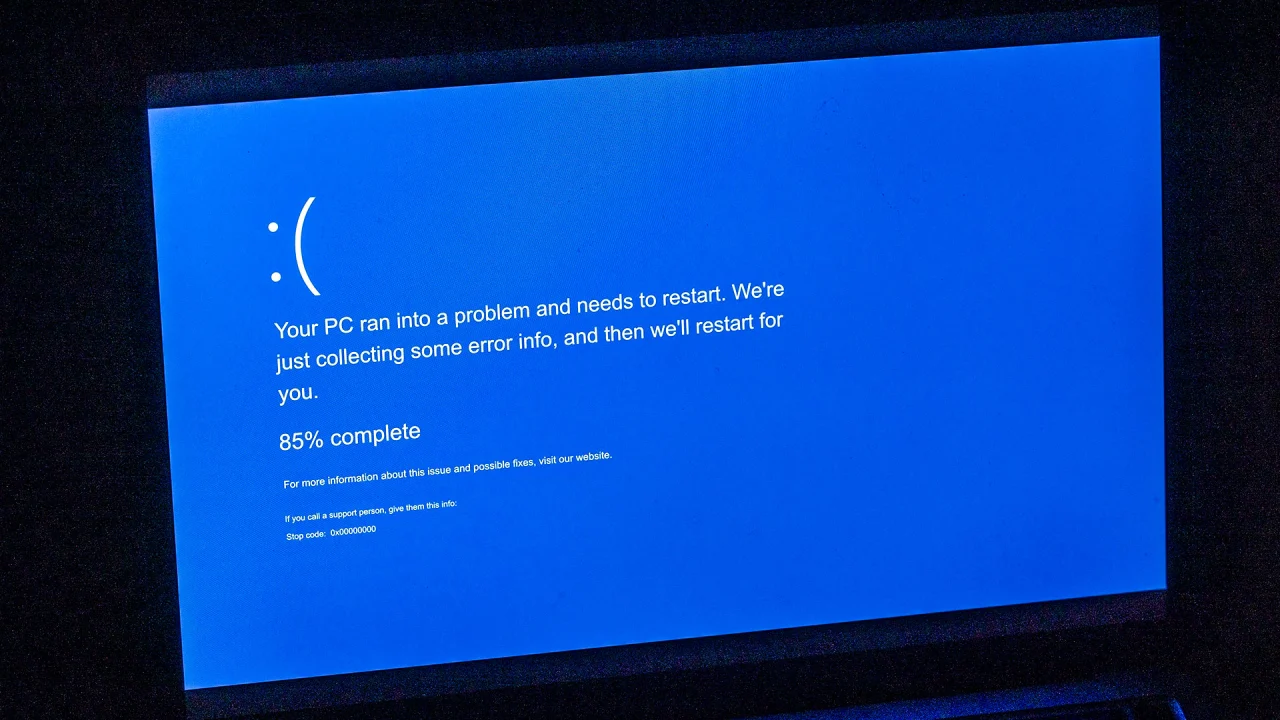





![[Weekly funding roundup June 21-27] A sharp rise in VC inflow](https://images.yourstory.com/cs/2/220356402d6d11e9aa979329348d4c3e/Weekly-funding-1741961216560.jpg)














